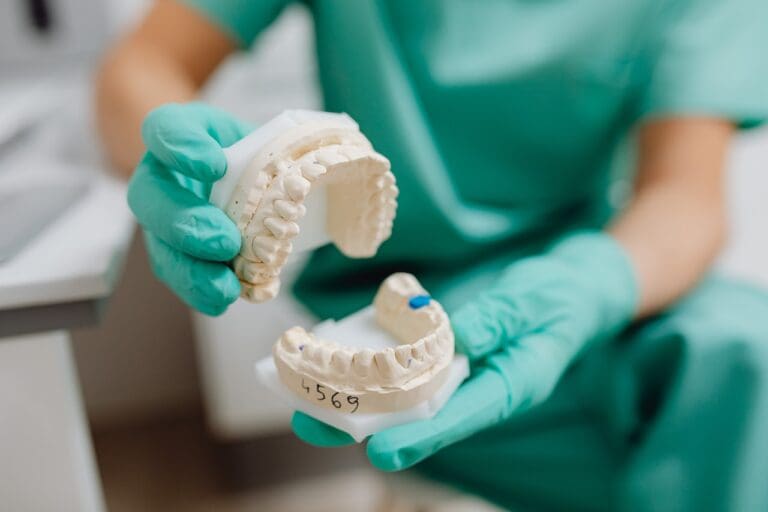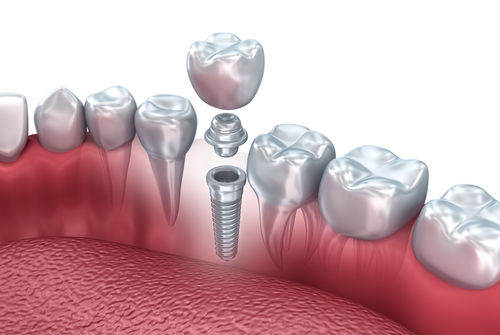A good smile is worth investing in because it serves as a confidence boost. Aside from this, if you have dental problems, it is not a good idea to hold off on having your damaged tooth repaired. Doing so could cause further damage, making it harder to save your tooth.
Dentists usually recommend dental crowns to fix a cracked or broken tooth because they can treat a variety of dental disorders. They can also provide long-term benefits that safeguard your teeth.
In addition, they can help protect and strengthen a damaged or root-canalled tooth, restore the tooth’s full function, and protect it from further damage. All of this helps you get your smile back and face the world with enthusiasm.
Before you get dental crowns, here are five things you should know about them:
1. How Do Dental Crowns Work?
The way dental crowns work isn’t that hard to understand at all. If a tooth is damaged or broken, a dentist places a cap made of ceramic or porcelain on top of it to protect it from further damage.
When you get a cap, it will usually cover the top and sides of your tooth. The dentist glues the bottom part of the crown to your teeth under your gums to ensure that your dental crown doesn’t fall off as you eat and drink.
2. What Are the Benefits of Dental Crowns?
Dental crowns instantly brighten and enhance the appearance of your smile. When you get a dental crown, your smile will look more natural, which is crucial if you constantly deal with clients or customers.
Remember that people buy into you first, which includes how you look, before buying into your product or service. If your work depends on it, dental crowns are an excellent investment.
However, besides enhancing your self-esteem at work, just knowing your teeth look good gives you that boost of confidence among your family and friends.
If you do not have your damaged tooth fixed immediately, it will cost you more at the end of the day as it spreads to the other teeth. Crowns also protect the damaged tooth and adjacent teeth from further damage.
3. Are Dental Crown Treatments Painless?
The process of getting dental crowns is usually not very painful. First, your dentist will remove the damaged or broken tooth. Then, they will make models of your mouth so you can try on different crowns and see which one you like best.
Afterward, they will make a mold for you and fill it with resin, which hardens to make your new dental crown.
4. How Long Do Dental Crown Treatments Take?
The whole process of getting dental crowns usually takes about four to six weeks, but this can vary. It all starts with your first visit to the dentist. They will take X-rays and impressions of your teeth, and you’ll answer a few questions to help your dentist figure out what you want in your crown.
Your next visit will involve trying on different crowns, so you can see how your new smile will look in person. A few weeks later, your dentist will be done with your crowns, and you can enjoy your new smile.
5. Is Medication Necessary before Getting Dental Crowns?
You don’t need to take any particular medicines before getting dental crowns. You only have to make sure your mouth is healthy and don’t have infections or conditions. This precaution prevents getting dental crown treatments more complicated than they need to be.
Conclusion
Dental crowns can be a great way to fix many different problems with your teeth. You should think about getting one for your tooth if it’s damaged or broken and you don’t want it to get any worse. They’re worth the money in the long run, even though getting dental crowns can cost quite a lot. Protecting your smile and making it look and work better is priceless.
Are you looking for dental care in Manassas, VA? Contact Liberia Dental Care right now! We provide one-of-a-kind dental services to people of all ages, including pediatric, general, and aesthetic dental services. We welcome new patients with open arms. Call 703-260-1200 or request an appointment online.









